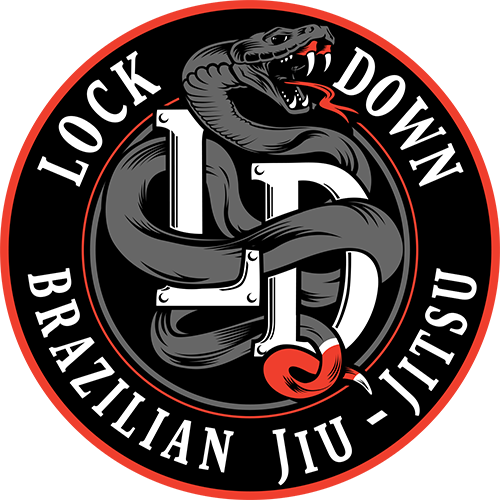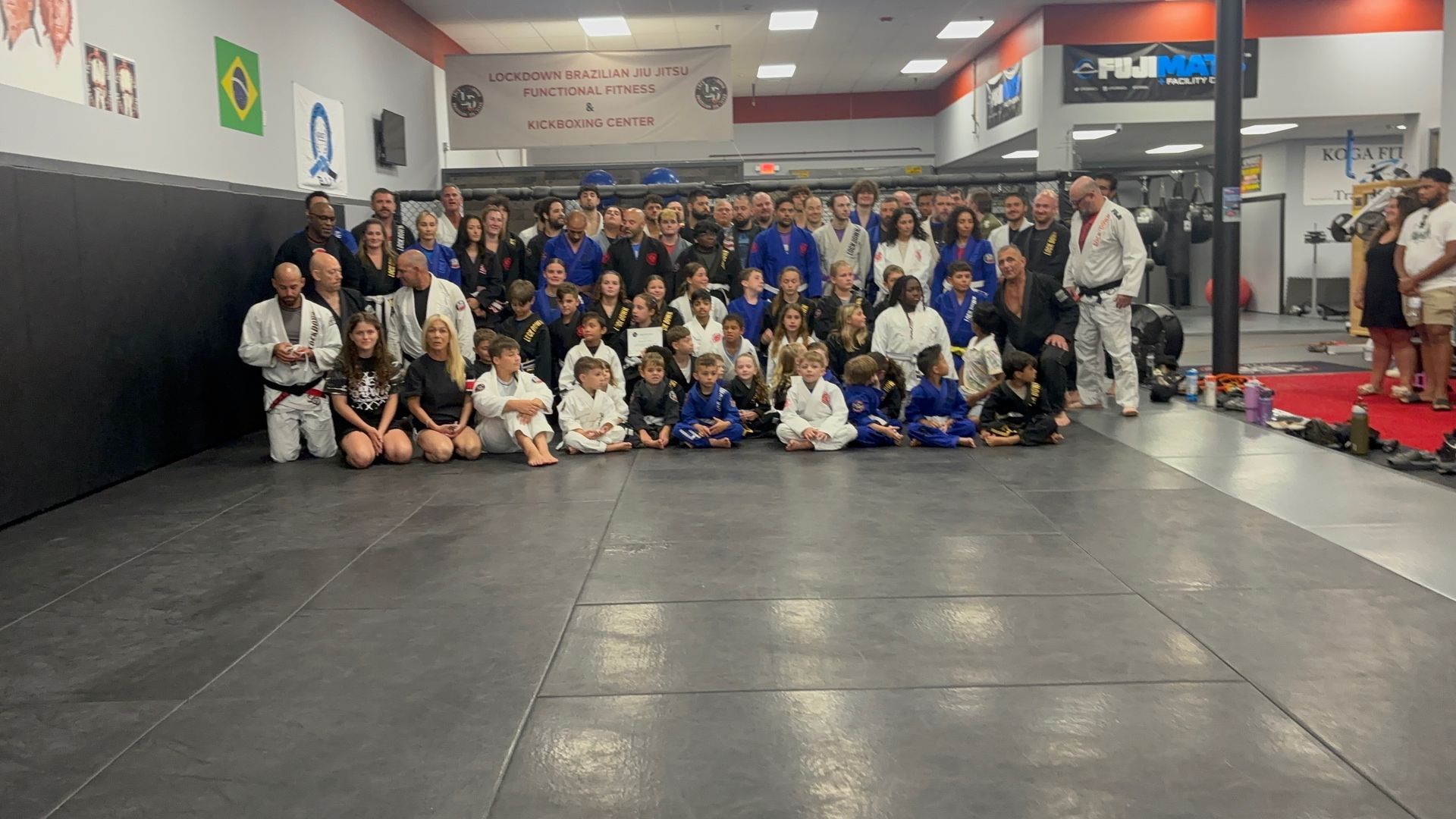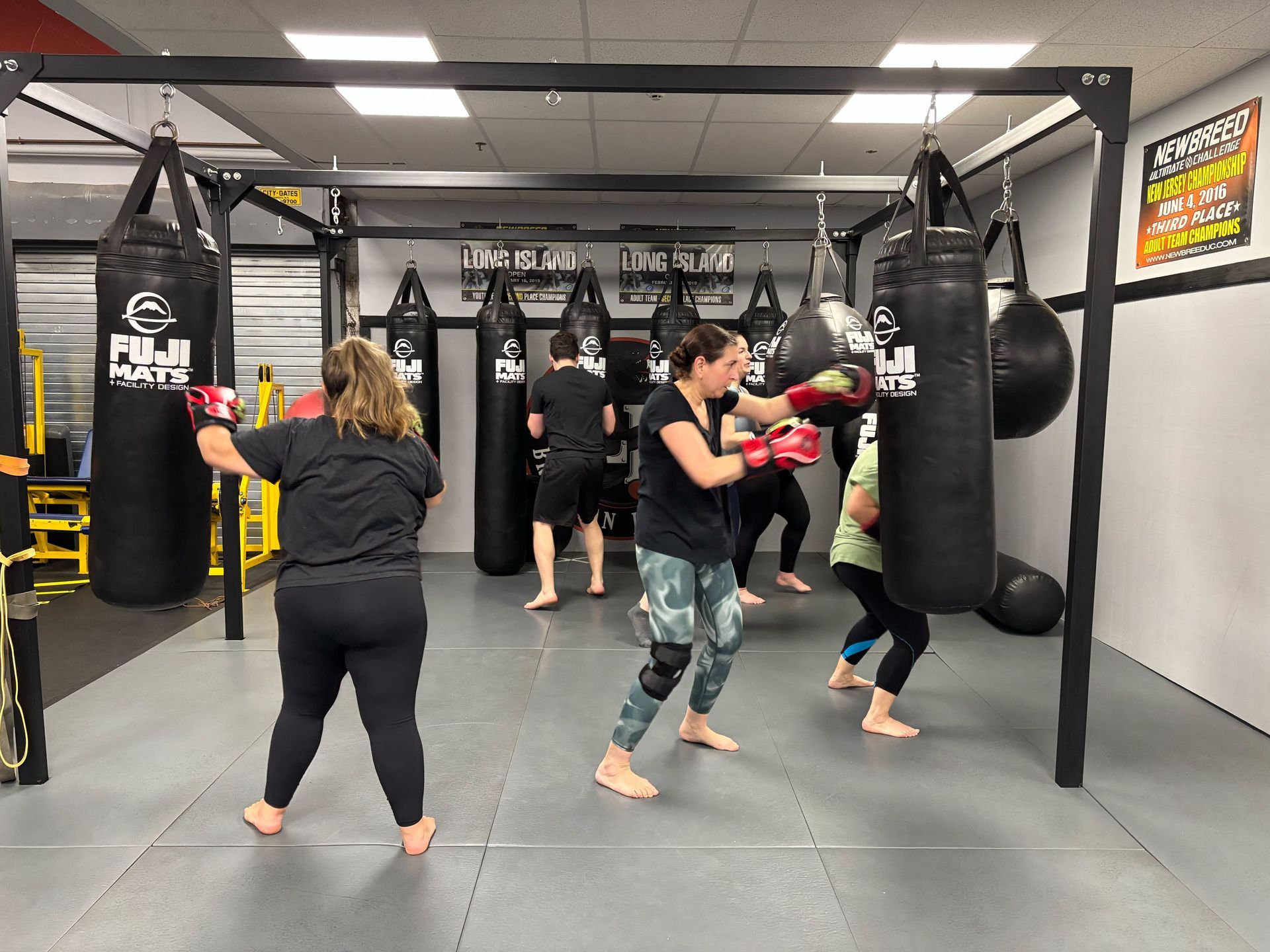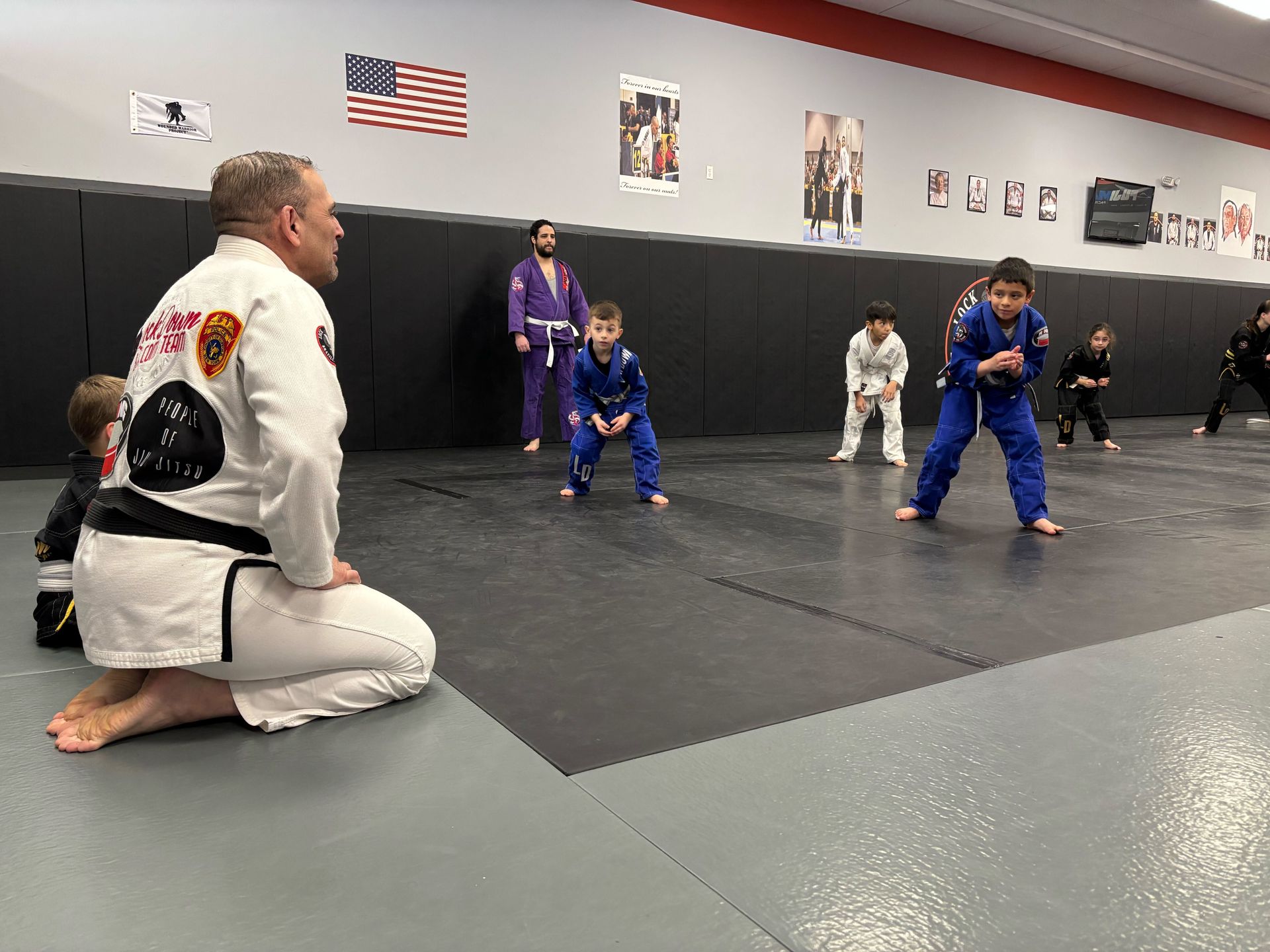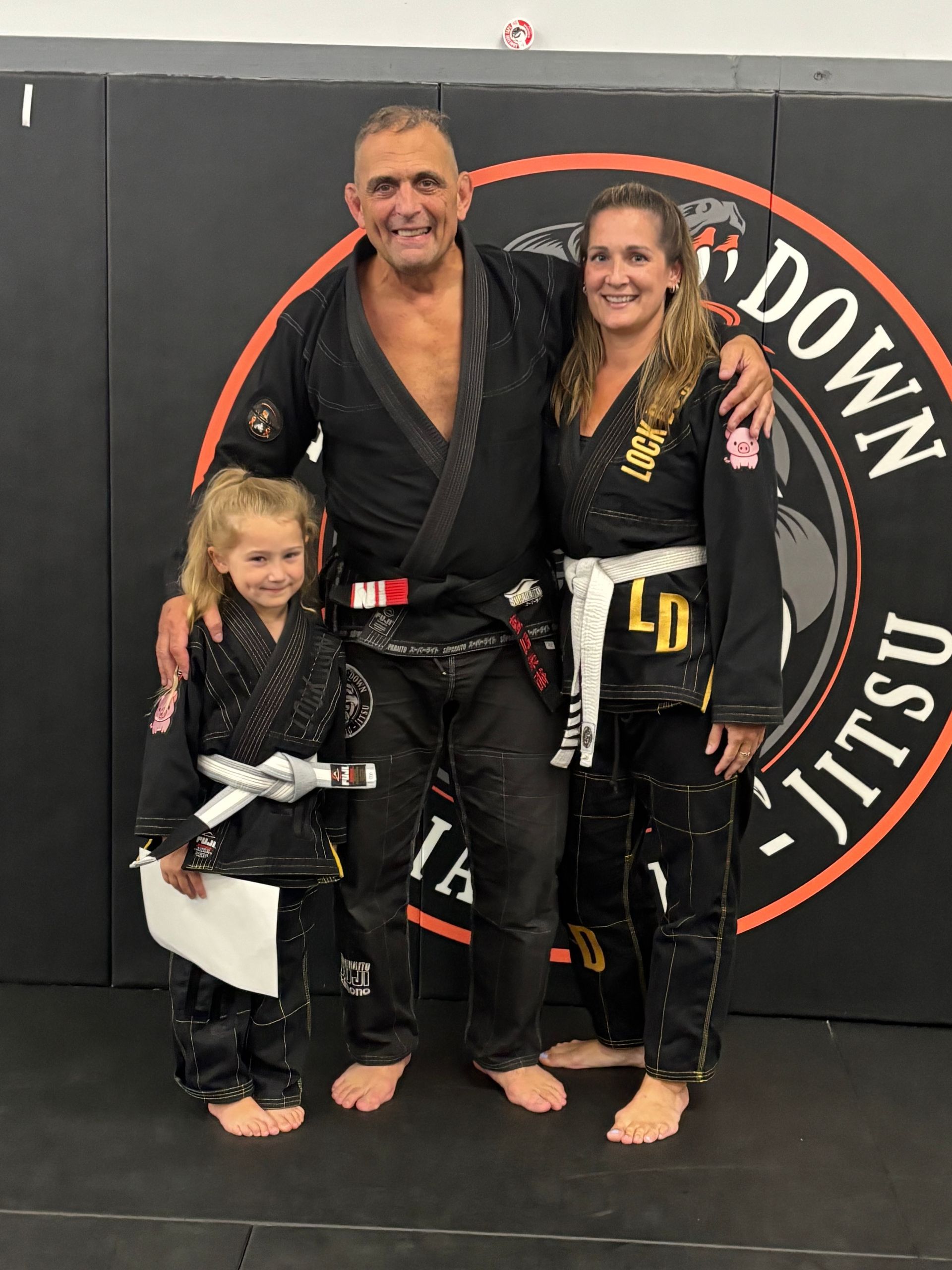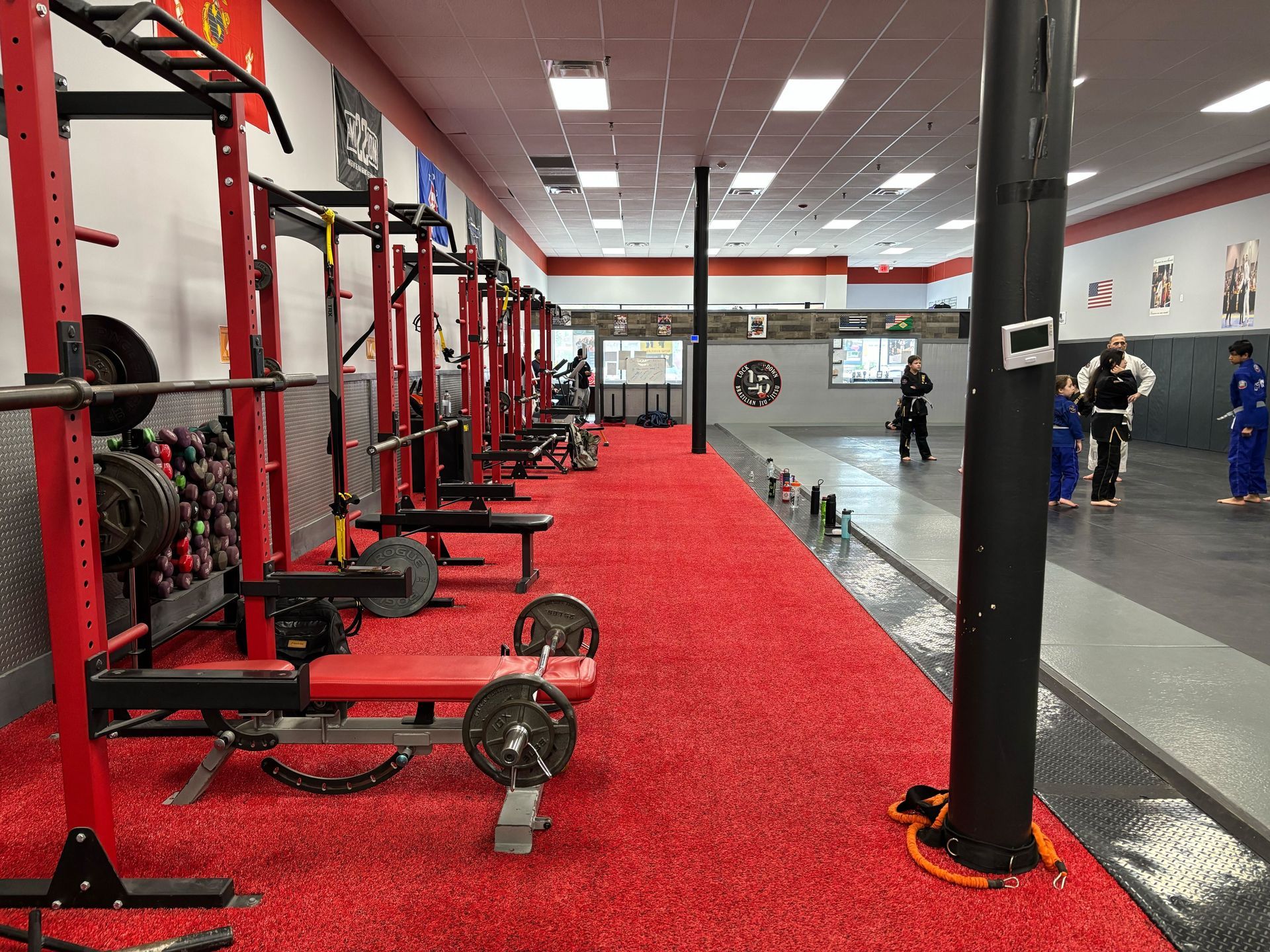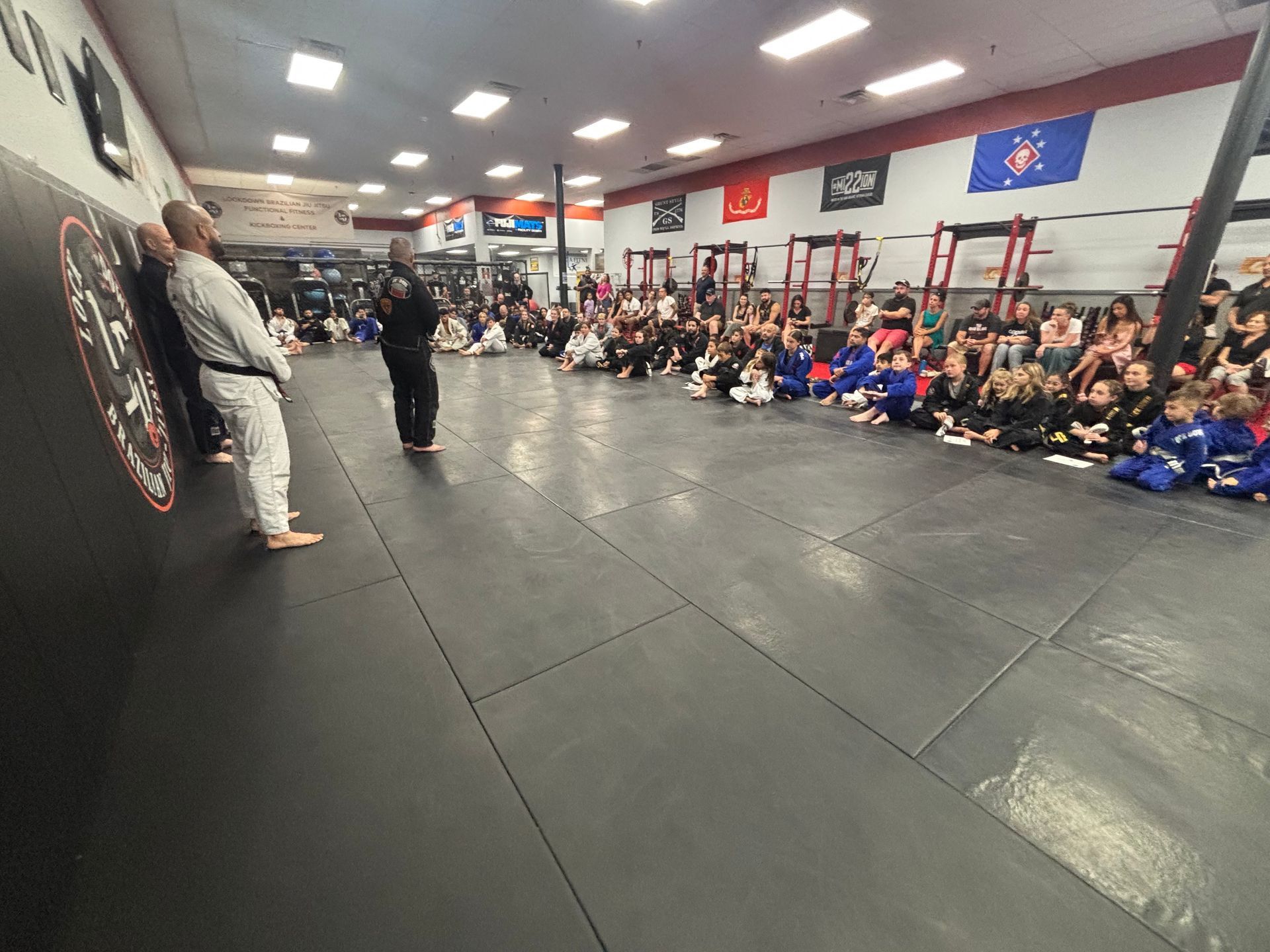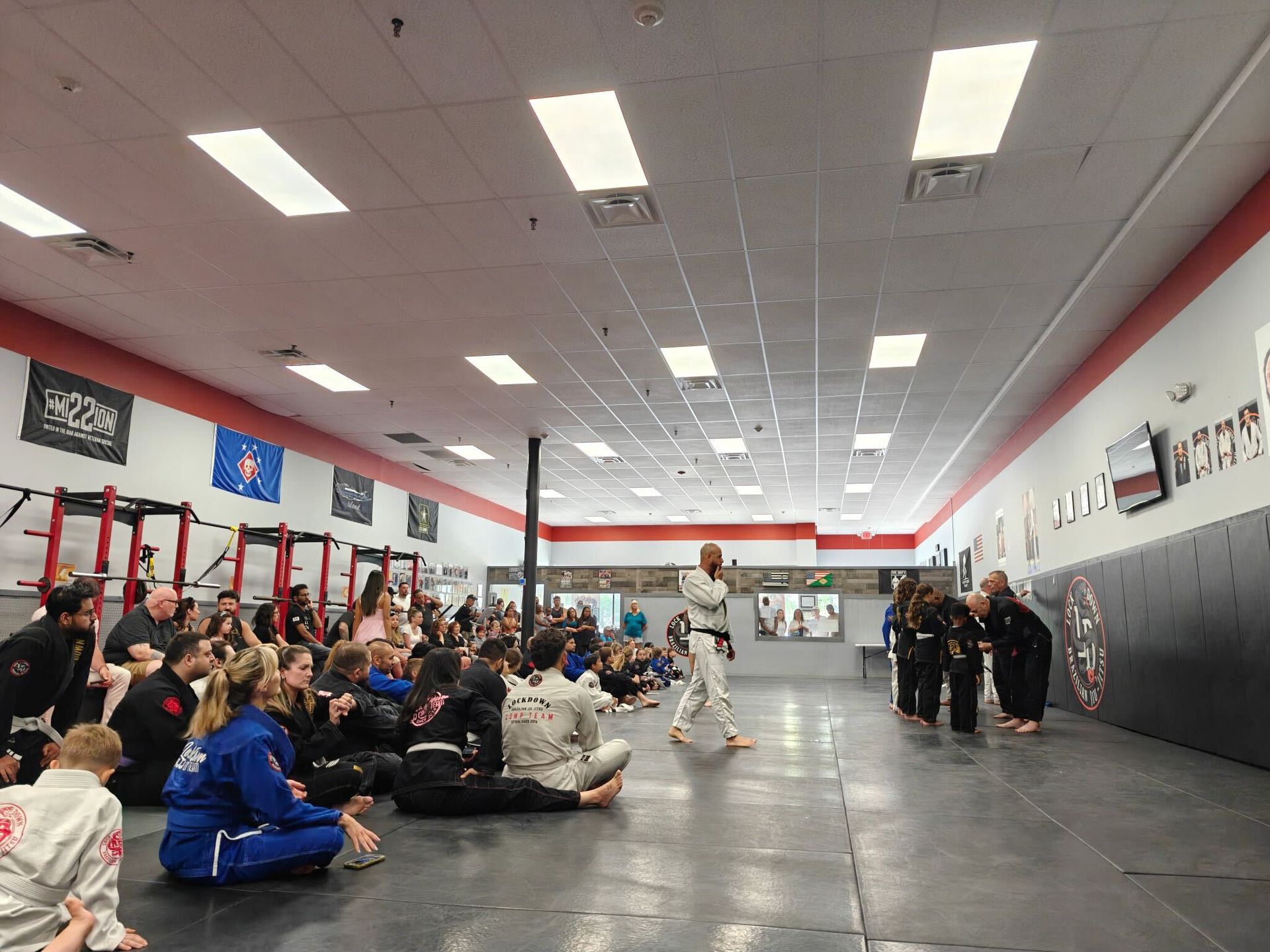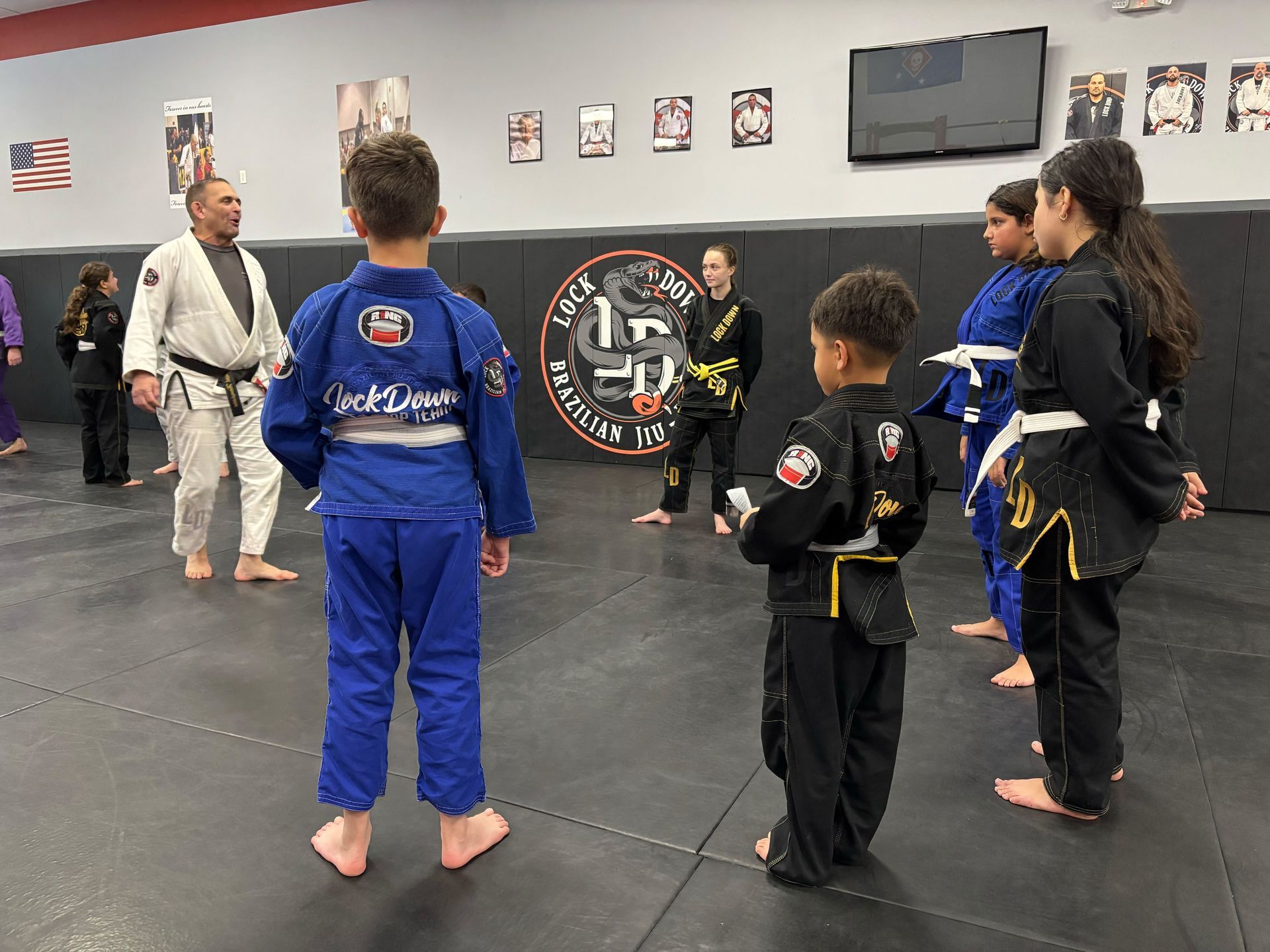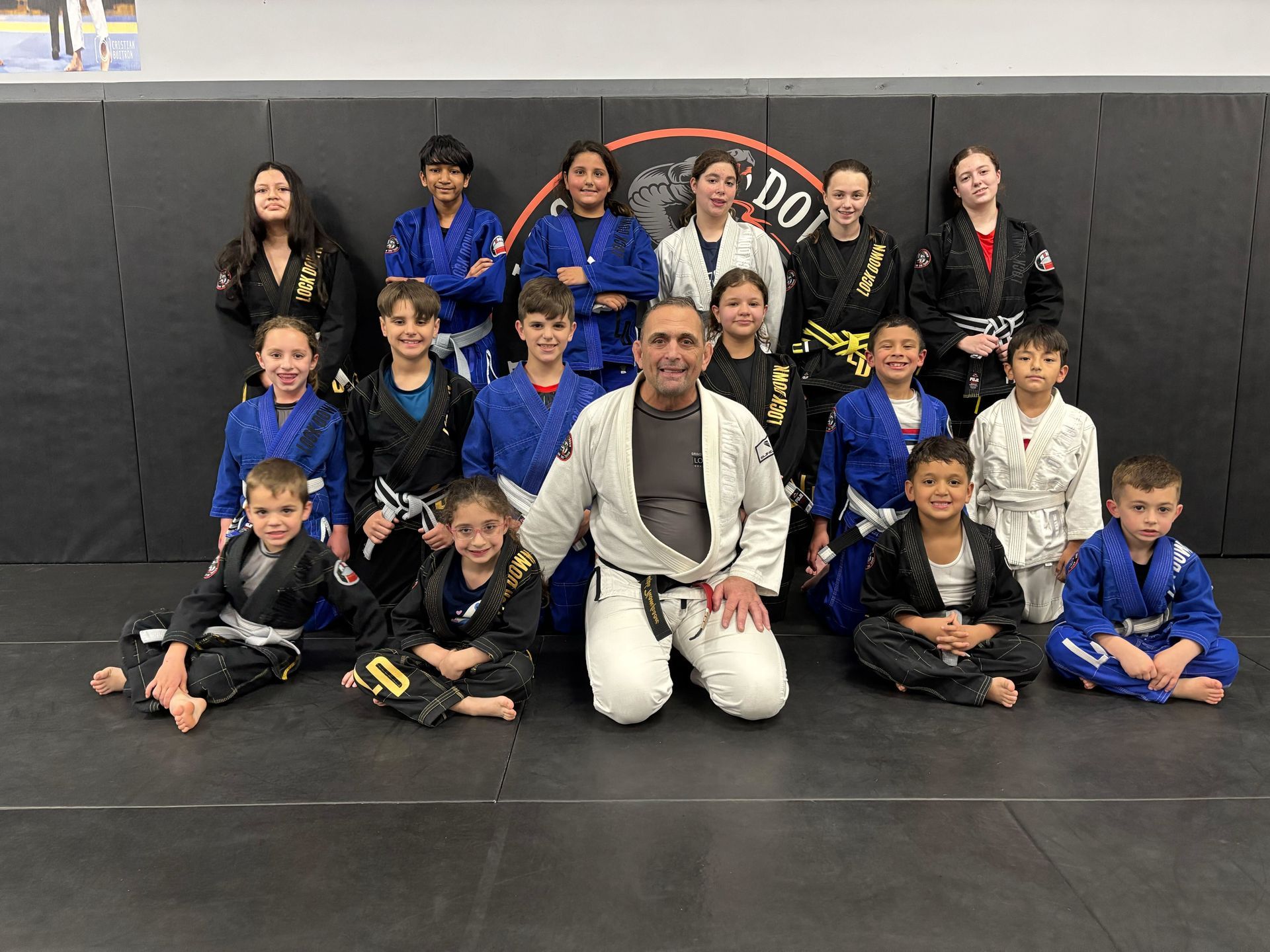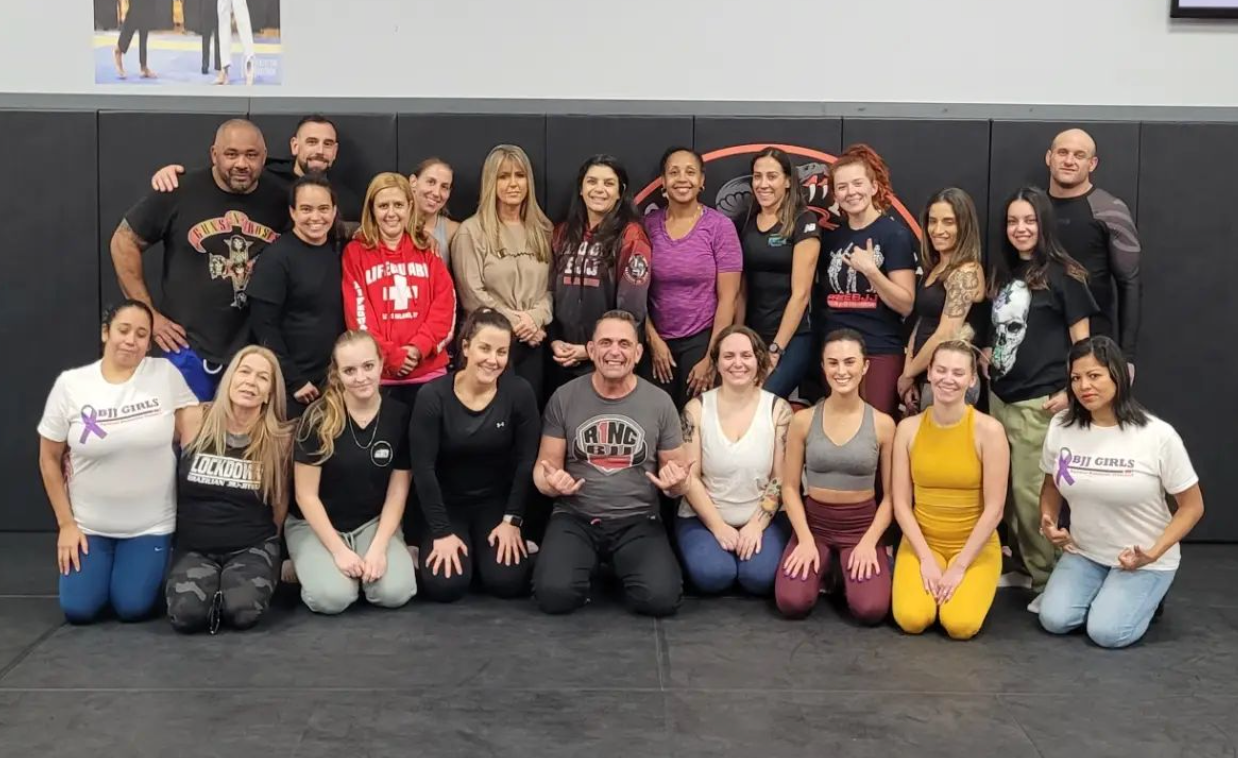In today's complex and often volatile world, law enforcement officers face myriad challenges.
Effective training is crucial, not just to ensure their safety but also to enhance their ability to serve and protect the community. One training method that has been gaining traction is Brazilian Jiu-Jitsu (BJJ). But why should law enforcement consider incorporating BJJ into their training regimen? Let's explore.
What is Brazilian Jiu-Jitsu (BJJ)?
History and Origin of BJJ
Brazilian Jiu-Jitsu, often abbreviated as BJJ, is a martial art that focuses on ground fighting and submission grappling. It was developed in Brazil in the early 20th century, based on the teachings of Japanese judo master Mitsuyo Maeda. The Gracie family, particularly Helio Gracie, adapted and refined these techniques, emphasizing leverage and technique over brute strength.
Core Principles of BJJ
At its core, BJJ is about using leverage, technique, and body mechanics to control and subdue an opponent. It teaches practitioners to remain calm under pressure and to use their opponent's force against them. This emphasis on technique over strength makes it accessible to people of all sizes and strengths.
Popularity and Growth Worldwide
BJJ has seen a surge in popularity worldwide, thanks in part to the rise of mixed martial arts (MMA). It is now practiced by millions of people globally, from professional fighters to hobbyists, and increasingly, by law enforcement officers.
Current Training Methods in Law Enforcement
Standard Physical Training
Traditionally, law enforcement training includes physical conditioning, basic self-defense techniques, and firearms training. While these are essential, they often lack the comprehensive approach needed to handle real-world confrontations effectively.
Self-Defense Techniques
Self-defense training in many police departments focuses on striking techniques, baton usage, and firearm proficiency. However, these methods can escalate situations and lead to injuries for both officers and suspects.
Limitations of Current Methods
The current methods can be insufficient in subduing suspects without causing harm. This gap in training can lead to excessive force complaints and a breakdown in community trust.
Benefits of BJJ for Law Enforcement
Physical Fitness
Strength and Conditioning
BJJ is an excellent full-body workout. It enhances strength, flexibility, and cardiovascular health, which are vital for the physical demands of police work.
Improved Endurance
The rigorous training sessions improve an officer's endurance, allowing them to handle prolonged physical engagements without tiring quickly.
Mental Resilience
Stress Management
BJJ training helps officers manage stress better. The mental focus required during grappling sessions translates to improved stress management in high-pressure situations.
Enhanced Focus and Discipline
The discipline and concentration needed in BJJ cultivate a sharper mental focus, helping officers stay composed and make better decisions on the job.
Self-Defense Skills
Techniques for Subduing Suspects
BJJ offers practical techniques for controlling and subduing suspects without causing severe injury. Techniques like joint locks and chokeholds are effective yet non-lethal.
Non-Lethal Control Methods
The emphasis on control rather than harm aligns with modern policing's goal to reduce lethal encounters. BJJ provides officers with non-lethal options to de-escalate potentially violent situations.
Confidence and Composure
Handling High-Stress Situations
BJJ training builds confidence. When officers are confident in their ability to control a situation physically, they are less likely to resort to excessive force.
De-escalation Techniques
With better control techniques, officers can de-escalate confrontations more effectively, leading to safer outcomes for everyone involved.
Real-Life Examples and Case Studies
Success Stories from Police Departments
Several police departments have already integrated BJJ into their training programs with positive results. Departments report fewer injuries, fewer complaints about excessive force, and improved officer morale.
Personal Accounts from Officers
Officers who train in BJJ often share personal stories of how the techniques helped them safely subdue suspects and de-escalate potentially dangerous situations without resorting to violence.
Implementation of BJJ in Police Training Programs
Integrating BJJ into Existing Curriculum
Incorporating BJJ into police training requires integrating it with existing programs. This could involve regular BJJ sessions as part of ongoing training.
Training Frequency and Duration
To be effective, BJJ training should be regular and consistent. Departments might start with weekly sessions, gradually increasing as officers become more skilled.
Collaboration with Local BJJ Academies
Partnering with local BJJ academies can provide officers with access to experienced instructors and additional training resources.
Challenges and Solutions
Overcoming Resistance to Change
Change can be met with resistance. Educating officers and demonstrating BJJ's effectiveness can help overcome skepticism.
Budget and Resource Allocation
Allocating budget for BJJ training might be a challenge. However, the long-term benefits, including reduced legal costs from excessive force cases, can justify the investment.
Ensuring Consistent Training
Ensuring that all officers receive consistent BJJ training can be managed through structured programs and regular assessments.
The Future of Law Enforcement Training
Trends and Innovations
The trend towards incorporating martial arts like BJJ in police training is growing. Innovations in training techniques and tools will continue to evolve, making training more effective.
The Role of BJJ in Evolving Police Practices
As police practices evolve towards community-focused and de-escalation strategies, BJJ will play a crucial role in equipping officers with the necessary skills.
Final Thoughts
Incorporating Brazilian Jiu-Jitsu into law enforcement training programs offers numerous benefits. It enhances physical fitness, builds mental resilience, provides effective self-defense techniques, and helps officers manage high-stress situations with confidence and composure. By adopting BJJ, police departments can improve their training methods, leading to safer and more effective policing.
